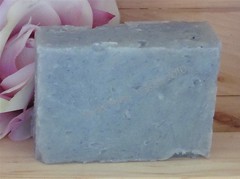1. To grow a successful business, take care of your customers. This is the most important lesson I can give you. I once saw a sign in a small business that said, "If we don't take care of our customers, someone else will." Small business or large, this is an absolute truth. Prices and products are not going to usurp customer loyalty if a business takes them for granted or treats them with less than the most awesome, personal customer service possible.
2. To grow a successful business, strike a balance between work and play. When you can get ahead, do that; it could free you up for some play time later. Make time to play. A relaxed company owner is herself a happier, more productive worker and that, in turn, inspires the employees to be happier, more productive and more efficient.
3. To grow a successful business, create a positive experience for everyone. You absolutely won't make everyone happy - that's not your job, anyway - but do your best to create positive experiences for contractors, employees, customers, even the delivery folks. Have an employee who just botched an order? You as the boss have to work with the employee to fix it, but how can you turn that into a positive? A customer is unhappy with their order. Take care of the customer; making this into a positive has the best chance for keeping this customer loyal.
4. To grow a successful business, approach it with a childlike attitude. In my faith, there's an emphasis on coming to Jesus as a little child - total faith, complete trust, not over-thinking it. My daughter approaches her business like this. She says, "I approach every product I make with the same question: What will make this product sell? The answer is, 'Because I made it, and it’s a great product!'" The possibility of failing in any way is not even a blip on her radar. She moves forward with the full knowledge that she will be nothing but successful. She embodies the thought, What would you do if you knew you could not fail?
What other steps would you consider necessary in growing a successful small business? How might you implement these steps?





















